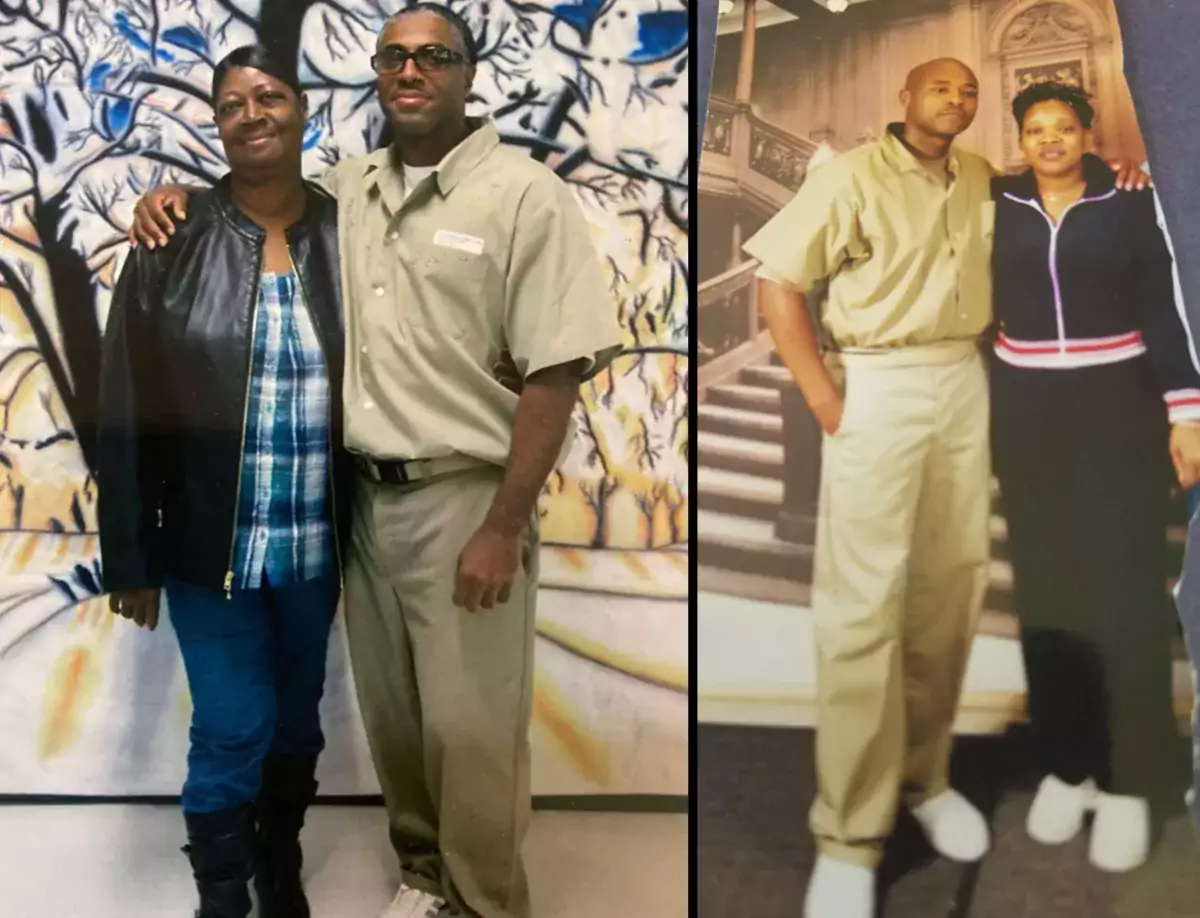When police arrested Richardson in 1998, he was facing the death penalty. Afraid of potentially putting his life in the hands of a white jury in the South, Richardson, who is Black, took a guilty plea for involuntary manslaughter and was sentenced to 10 years in state prison. Claiborne, who is also Black, took a plea deal on a misdemeanor charge, as an accessory to Richardson’s crime.
But after outcry over what Gibson’s family viewed as a lenient sentence, federal prosecutors brought additional charges against the pair, accusing them of selling crack cocaine and murdering a police officer during a drug deal gone wrong.
In 2001, Richardson and Claiborne went to trial in the federal case. A jury found them not guilty of Gibson’s murder, but guilty of selling crack. In an unusual move, federal judge Robert Payne sentenced Richardson and Claiborne to life in prison using “acquitted conduct sentencing,” a legal mechanism approved in a 1996 Supreme Court ruling, which allows judges to sentence defendants based on charges for which they were acquitted.
Archived at https://ghostarchive.org/archive/zjFXZ



Only way to do that is not know the words jury nullification but coming to that conclusion magically.
Just knowing what jury null is apparently can disqualify you as a potential juror.
They need to make it common knowledge, then we do what we do at the orgy and get EVERYONE off